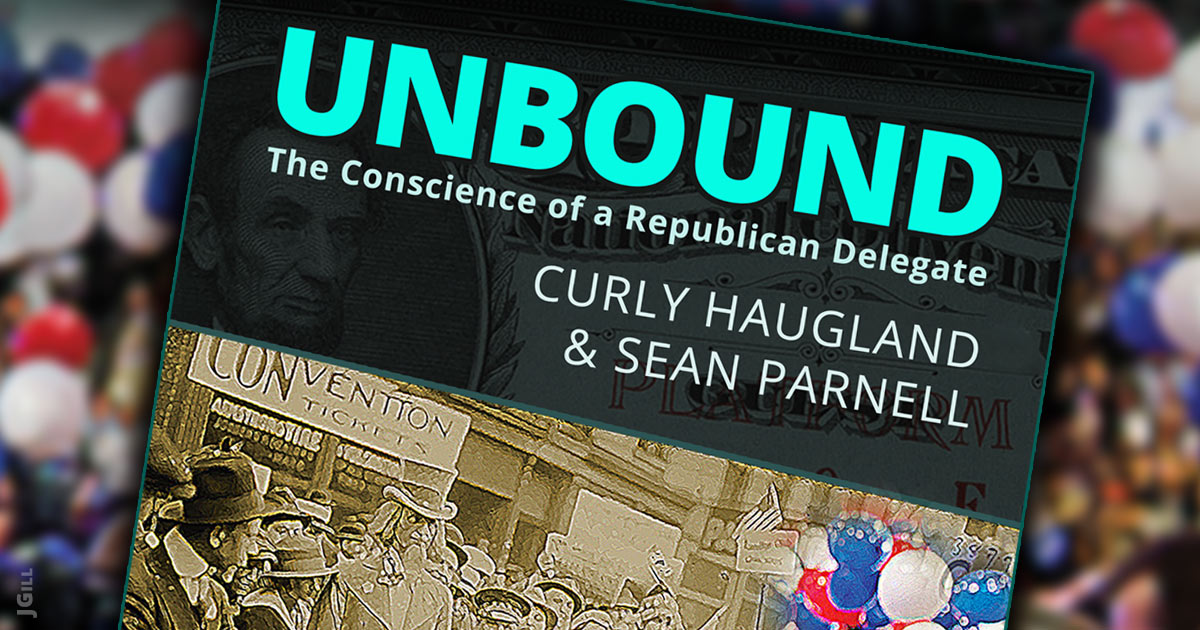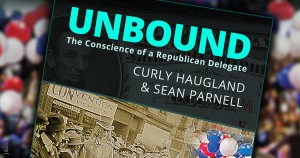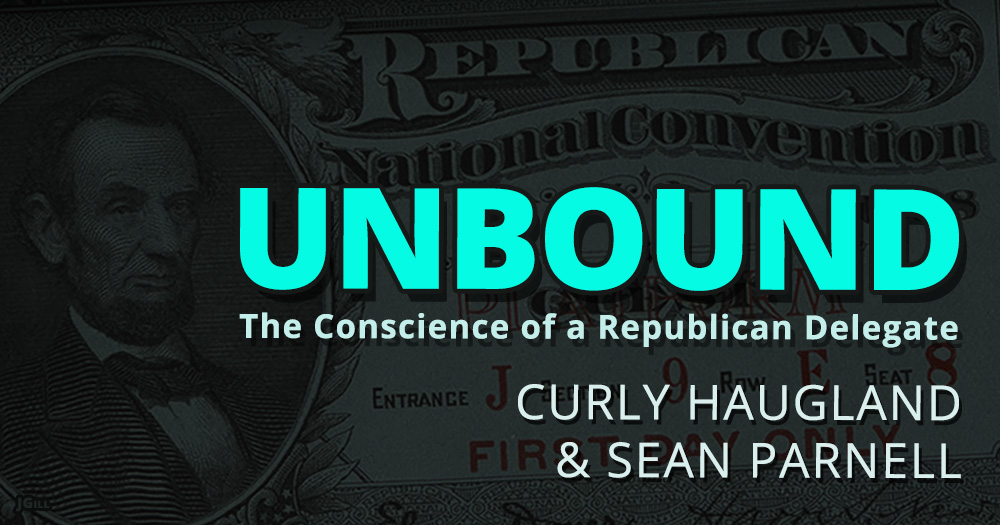Can you go to jail for voting for the wrong person?
We may find out today, in a federal court in Richmond, Virginia. Judge Robert Payne will hear motions in the case of Correll v. Herring. Attorney General Mark Herring is being sued in his official capacity by Beau Correll, a Republican delegate who refuses to vote for Donald Trump.
Correll is the named plaintiff in this class action challenge to a Virginia statute that binds delegates attending presidential nominating conventions to vote for the plurality winner of their state party primary, which was Mr. Trump.
The penalty for not tallying for Trump? As much as a year behind bars. And a fine.
Correll’s attorney, David Rivkin with Baker & Hostetler, has asked the judge to issue an injunction blocking enforcement of the statute against Correll and all other Virginia delegates. The ruling wouldn’t affect delegates beyond Virginia, yet the implication would be obvious: state laws binding party delegates to vote according to the primary results are unconstitutional.
Trump supporters aren’t taking this lawsuit lightly; several have moved to intervene — on the side of the AG. They’re right to be concerned: a delegate revolt to dump Trump has been brewing for weeks. And the legal precedents are all on the side of political parties controlling their own nominating process, leaving state governments no legitimate role.
It’s long past time to break the crony connections between government and the two major political parties.
Let’s stop all taxpayer subsidies for party primaries and conventions. But let’s also recognize that the delegates meeting in convention should be free to do … well, whatever they choose. After all, it’s their party.
This is Common Sense. I’m Paul Jacob.
BIG PICTURE: Why the case really matters!With the results of Correll vs. Herring, we may also find out if the Republican and Democratic (and Libertarian and Green) Parties are private organizations, with First Amendment protection for their freedom to associate without government interference. Nothing could be more heavy-handed than threatening delegates with incarceration if they vote their conscience — or even follow the state party’s rules, which call for delegates to be awarded proportionately rather than winner-take-all as Virginia’s statute requires. |





